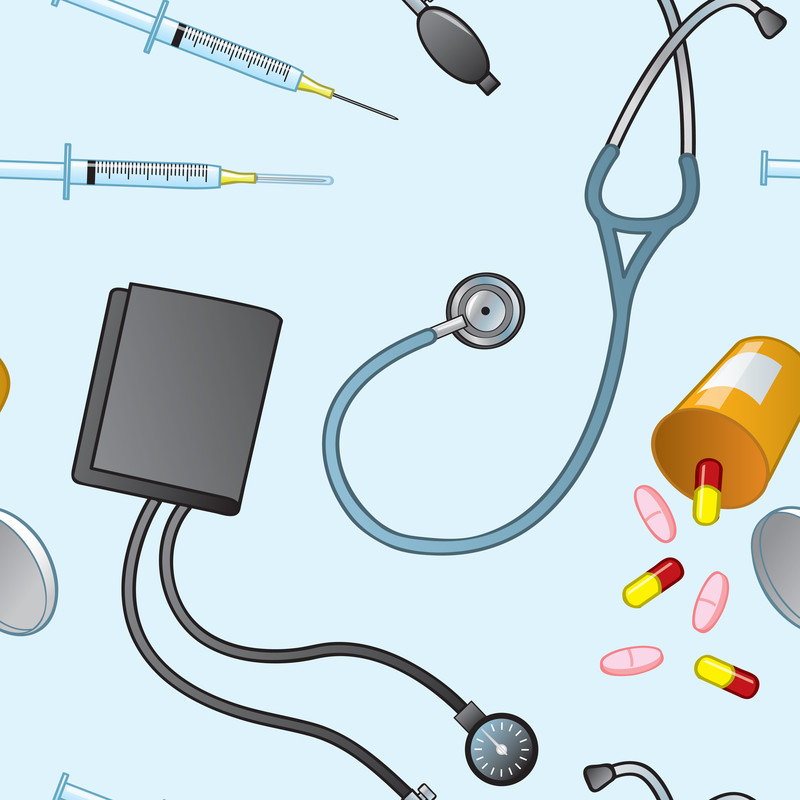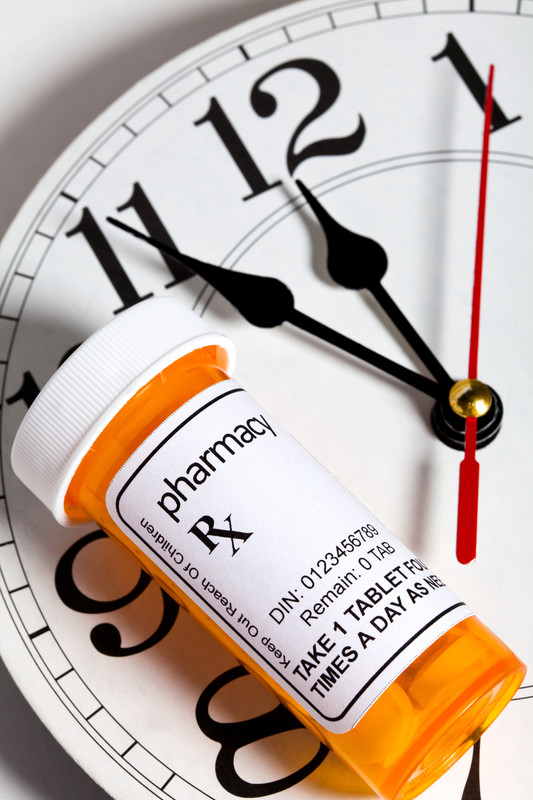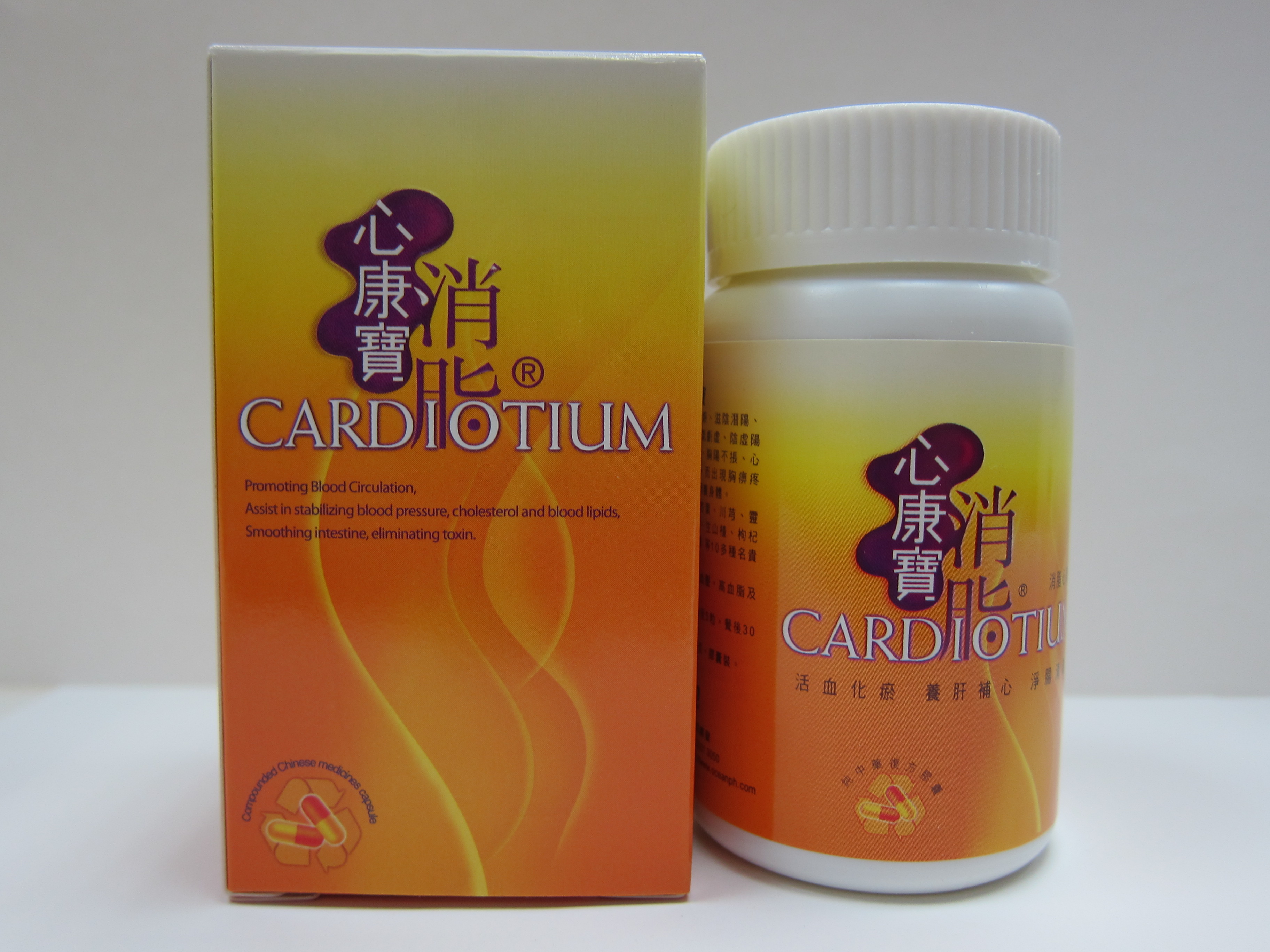| |
Oral Antihypertensive Drugs
|

|
|
High blood pressure
|
Blood pressure is the force of blood pushing against the wall of the arteries as
your heart pumps out blood into the arteries. Its level varies with age, sex, level
of physical activity and emotional changes.
Hypertension refers to the sustained elevation of blood pressure above normal range and is a condition in which the systolic blood pressure is persistently higher than or equal to 140 millimeters of mercury (mmHg) or diastolic blood pressure is persistently higher than or equal to 90 mmHg.
Risk factors for hypertension include increasing age, family history of hypertension, physical inactivity, high salt intake, excessive alcohol consumption, overweight, smoking, etc. Sometimes, high blood pressure may also be caused by certain medications or underlying diseases such as kidney or endocrine diseases.
There is usually no obvious symptom associated with hypertension and many patients may not be aware until they check their blood pressures or when complications develop. Extremely high blood pressure may cause symptoms like dizziness, visual disturbance, headache, fatigue and facial flushing. Proper management of hypertension is essential because poorly controlled hypertension may lead to severe complications such as stroke, coronary heart disease, heart failure and kidney function impairment, etc.
|
|

|
|
▲ back to top
|
Antihypertensive Drugs
|
|
Antihypertensive drugs are drugs that are used to lower high blood pressure. There are many different types of antihypertensive drugs available to help lower your blood pressure.
Antihypertensive drugs may cause side effects, but these can often be managed by adjusting the dosage or switching to a different class of drugs. Patients are advised to follow their doctor’s instructions carefully when taking antihypertensive medications and to consult their doctor if they have any concerns or questions.
In Hong Kong, antihypertensive drugs can only be obtained from pharmacy with a prescription. They should only be taken under close supervision by a doctor. Antihypertensive drugs are available in various dosage forms, including oral forms (e.g. tablet and capsule) and injectable forms (e.g. intramuscular and intravenous injections). Commonly used oral medications for treating hypertension includes:
|
|

|
| 1. Alpha-blockers (e.g. doxazosin, prazosin)
2. Angiotensin-converting enzyme (ACE) inhibitors (e.g. enalapril, lisinopril, perindopril)
3. Angiotensin II receptor blockers (ARBs) (e.g. losartan, telmisartan, valsartan)
4. Beta-blockers (e.g. atenolol, metoprolol, propranolol)
5. Calcium channel blockers (e.g. diltiazem, nifedipine, amlodipine)
6. Centrally acting antihypertensive drugs (e.g. methyldopa)
7. Direct renin inhibitors (e.g. aliskiren)
8. Diuretics (e.g. amiloride, frusemide, indapamide)
9. Vasodilators (e.g. hydralazine)
|
|
▲ back to top
Common Side Effects and Precautions*
|
Categories
of drugs
|
Common side
effects
|
Precautions
|
|
1. Alpha-blockers
|
Drowsiness, postural hypotension, syncope, palpitations, edema, asthenia, dizziness, headache, dry mouth
|
- Take the first dose at bedtime to avoid postural hypotension
|
|
2. Angiotensin-converting enzyme (ACE) inhibitors
|
Most common side effect: persistent dry cough
Others: dizziness, hyperkalemia, angioedema (face and neck swelling), rashes
|
- Contraindicated in pregnancy
- The concomitant use of potassium supplements, potassium-sparing diuretics, and potassium-containing salt substitutes is not recommended
- The concomitant use of ACE inhibitors with aliskiren-containing products is contraindicated in patients with diabetes mellitus or renal impairment (GFR < 60 ml/min/1.73 m2)
- The concomitant use of ACE inhibitors, angiotensin II receptor blockers (ARBs) or aliskiren is not recommended.
- ACE inhibitors and ARBs should not be used concomitantly in patients with diabetic nephropathy
|
|
3. Angiotensin II receptor blockers (ARBs)
|
Dizziness, headache, hyperkalemia, angioedema (face and neck swelling)
|
- The concomitant use of potassium supplements, potassium-sparing diuretics, and potassium-containing salt substitutes is not recommended
- The concomitant use of angiotensin II receptor blockers (ARBs) with aliskiren-containing products is contraindicated in patients with diabetes mellitus or renal impairment (GFR < 60 ml/min/1.73 m2)
- The concomitant use of ACE inhibitors, ARBs or aliskiren is not recommended
- ACE inhibitors and ARBs should not be used concomitantly in patients with diabetic nephropathy
|
|
4. Beta-blockers
|
Fatigue, cold hands and feet, bradycardia, diarrhea and nausea, dizziness, insomnia
|
- Beta-blockers should not be given to patients with asthma, bronchospasm or to those with a history of obstructive airways disease
- Symptoms of hypoglycaemia and hyperthyroidism may be masked
|
|
5. Calcium channel blockers (CCB)
|
Flushed face, headaches, swollen ankles, constipation, dizziness, tiredness
|
- Avoid drinking grapefruit juice with some CCBs
- Have high fibre diet and drink plenty of fluid to reduce the side effect of constipation
|
|
6. Centrally acting antihypertensive drugs
|
Headache, dizziness, fatigue, dry mouth
|
- May cause drowsiness, if affected, patients should not drive or operate machinery
|
|
7. Direct renin inhibitors
|
Diarrhea, hyperkalemia, dizziness, joint pain
|
- The concomitant use of aliskiren with an ACE inhibitor or an angiotensin II receptor blocker (ARB) is contraindicated in patients with diabetes mellitus or renal impairment (GFR < 60 ml/min/1.73m2)
- Not recommended in patients with severe renal impairment (GFR < 30 ml/min/1.73 m2)
- The concomitant use of aliskiren with an ACE inhibitor or an ARB is not recommended
|
|
8. Diuretics
|
Frequent urination, dehydration, dizziness, muscle cramps, gastrointestinal disturbance, eye disorders
|
- Take the medication in the morning
- Hypokalaemia and hyponatremia can occur with some diuretics
- Sulfonamide or sulfonamide derivative drugs can cause an idiosyncratic reaction, which may result in choroidal effusion, secondary acute angle-closure glaucoma and/or acute transient myopia
|
|
9. Vasodilators
|
Headache, nausea, vomiting, tachycardia, chest pain, joint pain
|
- Tell your doctor if you develop symptoms of arthritis, unexplained fever or tiredness
|
|
▲ back to top
|
General advice on taking antihypertensive drugs*
|
The following should be borne in mind when taking antihypertensive drugs:
-
Be familiar with the name and dosage of the drugs you are taking. Be cautious about
their possible side effects
-
Take the drugs regularly as instructed by your doctor in order to have effective
control of hypertension. Keep taking the same dosage of drugs even if your conditions
improve unless your doctor suggested you to change your antihypertensive regime
-
Do not stop medication without your doctor’s instruction. Take your medicines at
the same time every day. If you miss a dose, take it as
soon as possible unless it is almost time for the next scheduled dose. In that case,
skip the missed dose and take the next dose as directed. Do not take double doses
-
The drugs should not be taken with alcoholic drinks to avoid dizziness or fainting
-
Some types of antihypertensive drugs can cause dizziness or drowsiness, usually
when you first start taking your medicine or if your doctor changes your dose. If
you do feel light-headed or dizzy, you should not drive or operate machinery and
seek your doctor’s advice if the symptom persists
-
Make sure you have sufficient drug stocks for several days. Do not wait till the
last minute to refill the prescription
|
|

|
|
▲ back to top
|
Communication with your doctor*
-
Antihypertensive drugs should only be used under medical supervision
-
It is important to consult your doctor to determine the best treatment option for you. Different antihypertensive drugs have distinct mechanisms of action and side effect profiles. Your doctor will prescribe the most appropriate medication according to your clinical condition and how you respond to the treatment
-
Inform your doctor about your current medications and medical history as some drugs may interact with your antihypertensive drugs and some medical conditions may require special precautionary measures
-
Inform your doctor if you are pregnant as some types of antihypertensive drugs like ACE inhibitors and Angiotensin II receptor antagonists may affect the fetus and should not be used during pregnancy
-
Inform your doctor if you are breastfeeding as some types of antihypertensive drugs are distributed into breast milk
|
|
|
|
|
|
|
-
Seek medical advice as soon as possible if you experience any symptoms or side effects suspected to be related to your antihypertensive drugs
-
It is very important to take the medications as directed by your doctor, attend regular follow-ups and monitor your blood pressure at home as advised by your doctor
-
Ask your doctor before taking any other medicines or health products as they might affect the effectiveness or contraindicated with your blood pressure medication
-
Self-medicating with health products which claimed to have antihypertensive effects may worsen your condition or lead to life-threatening consequences. In fact, laboratory analysis confirmed that some of these health products claimed for stabilizing blood pressure were adulterated with antihypertensive drug ingredients. Always consult your doctor before taking any other health supplements and follow your prescribed treatment plan
|
|
|
|
▲ back to top
|
Storage of drugs
Oral antihypertensive drugs should be stored in a cool dry place. Refrigeration is generally not required unless specified on the drug labels. Always keep medications out of reach and sight of children to prevent accidental ingestion.
|
|
|
|
*This information may not cover all possible side effects, precautions, or medical advice. Always consult your healthcare professional for guidance.
▲ back to top
|
|
Acknowledgement : The Drug Office would like to thank the Surveillance and Epidemiology Branch and the Professional Development and Quality Assurance for their valuable contribution to the preparation of this article.
|
|
|
|
|







